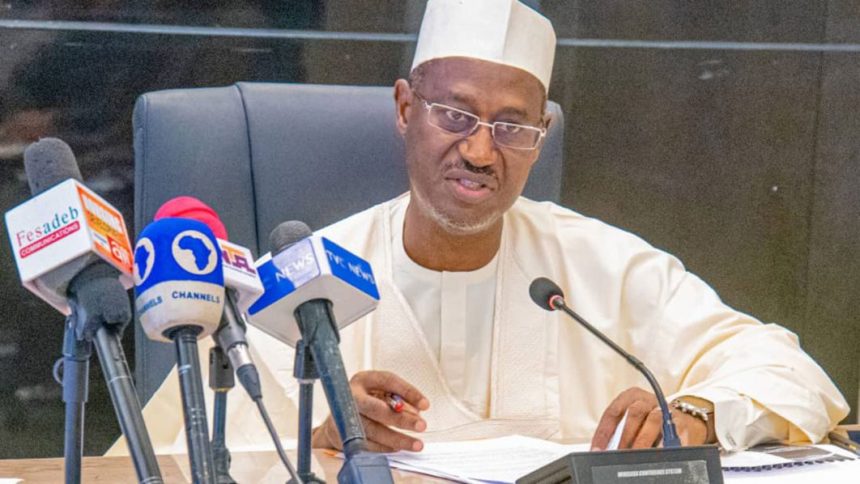The Federal Government has completed over 150 slum upgrading and urban renewal projects across Nigeria’s six geopolitical zones, under the National Urban Renewal and Slum Upgrade Programme, transforming lives in low-income communities and boosting job creation.
This was disclosed by the Minister of Housing and Urban Development, Arc. Ahmed Dangiwa, in a recent interview, where he highlighted the broad impacts of the government’s housing interventions under President Tinubu’s Renewed Hope Agenda.
According to Dangiwa, the projects are being executed using a mix of innovative financing, budgetary allocations, private sector partnerships, and fast-tracked land access—moving away from the slow traditional bureaucracy.
“These projects are not just about shelter. They improve access to water, electricity, roads, schools, and healthcare. We are delivering real change in underserved communities,” he said.
The upgrades span critical infrastructure improvements that directly impact quality of life, while housing construction efforts have had a wider economic effect. The minister revealed that with 10,112 housing units currently under construction, the programme has created over 250,000 jobs, involving artisans, engineers, architects, and suppliers.
“Each housing unit supports at least 25 direct and indirect jobs. We’re seeing artisans earning up to ₦150,000 monthly—many for the first time. This income supports families and boosts local economies,” Dangiwa added.
The ministry also launched a digital housing portal to streamline home applications and eliminate middlemen, making the process transparent and accessible to Nigerians both at home and abroad.
Beyond housing and employment, the government is addressing land reform through the Nigeria Land Registration, Documentation, and Titling Programme. Dangiwa noted that over 96% of land in Nigeria remains undocumented, leaving millions without legal proof of ownership—limiting their access to credit or the ability to pass land to their children.
“Untitled land is ‘dead capital’. Our titling reform aims to unlock wealth, encourage investment, and support economic inclusion,” he said.
Dangiwa emphasized that under the Renewed Hope Agenda, housing is being leveraged not only as shelter but also as a powerful economic tool—stimulating livelihoods, enhancing infrastructure, and laying a foundation for sustainable national development.




